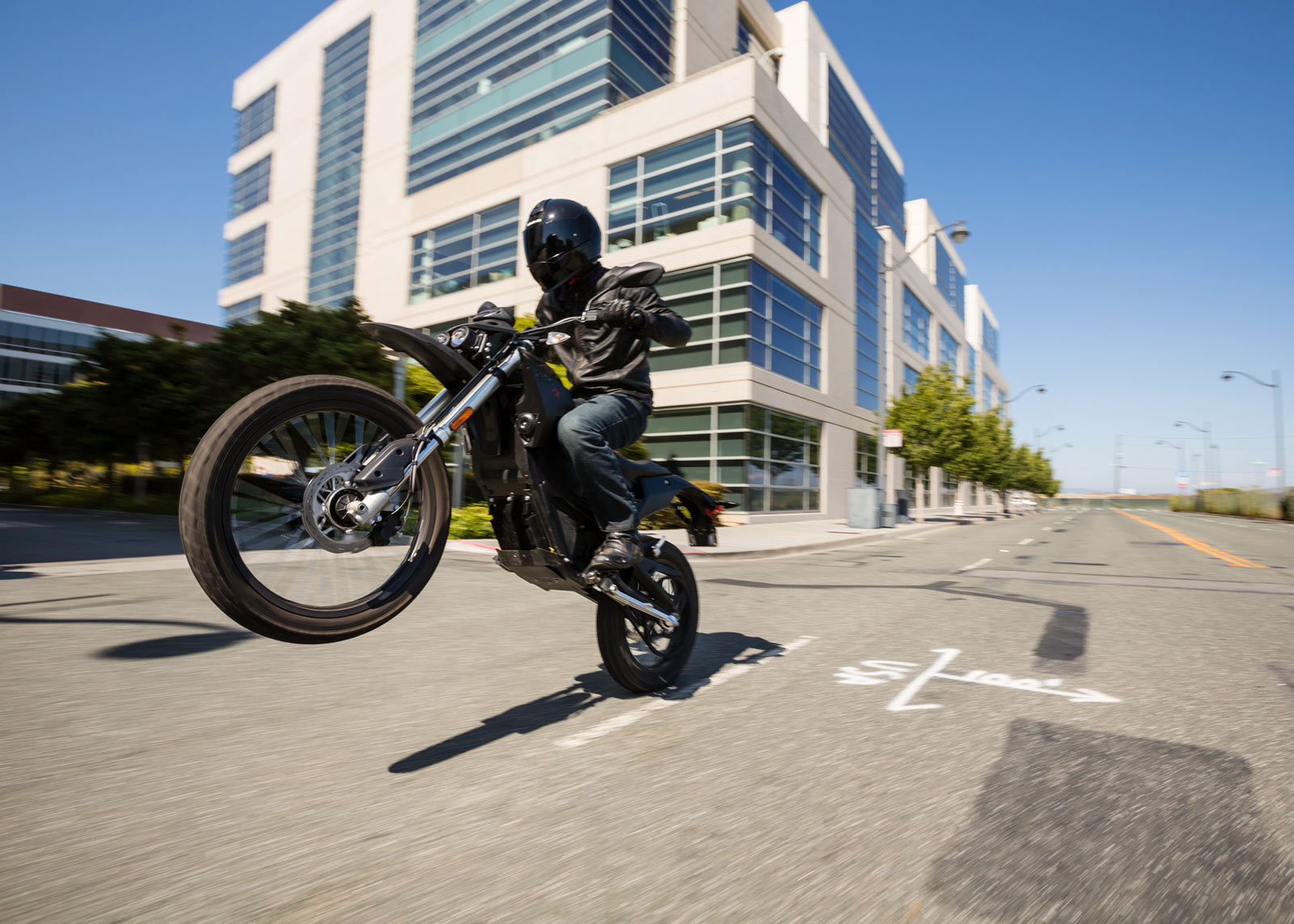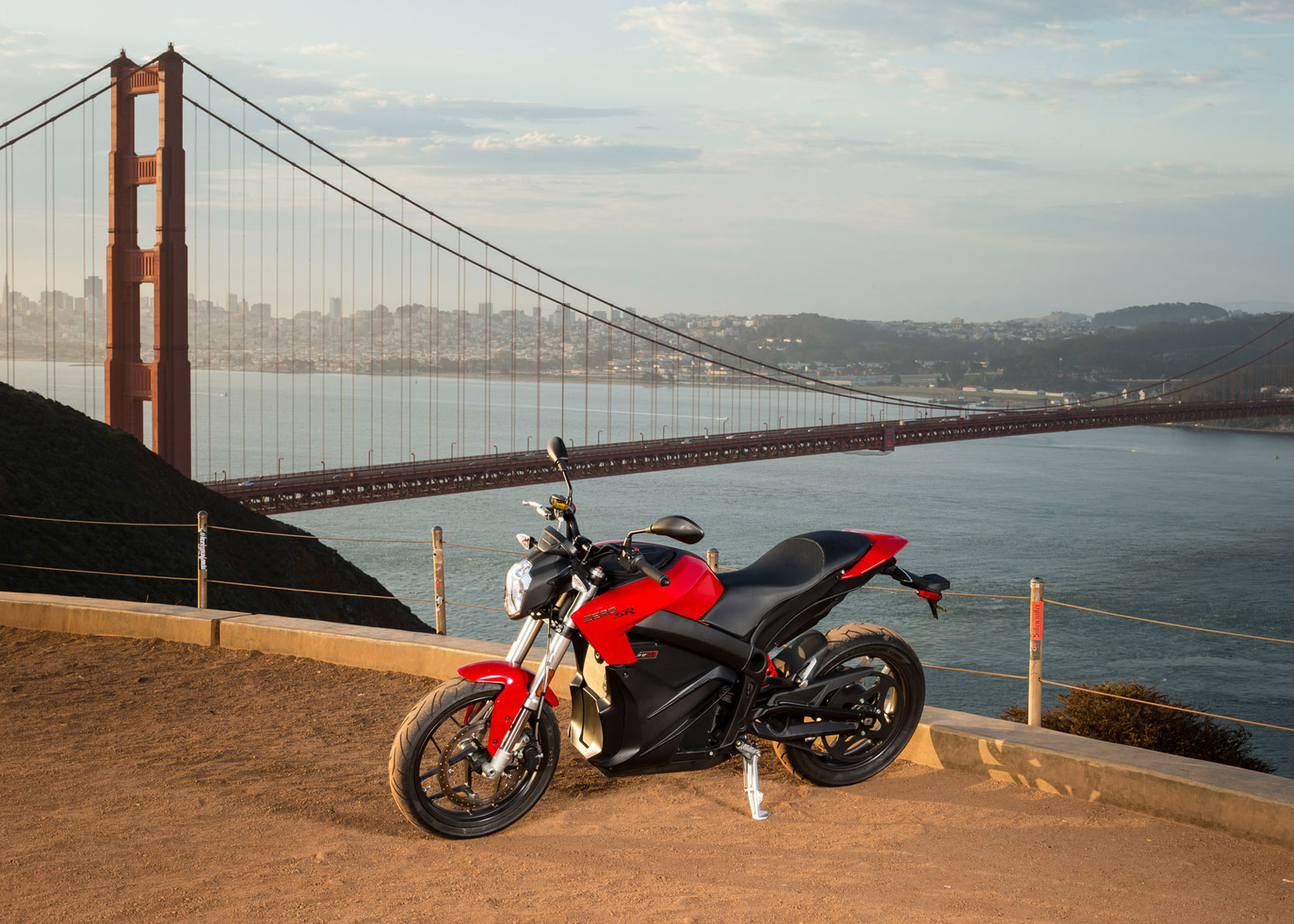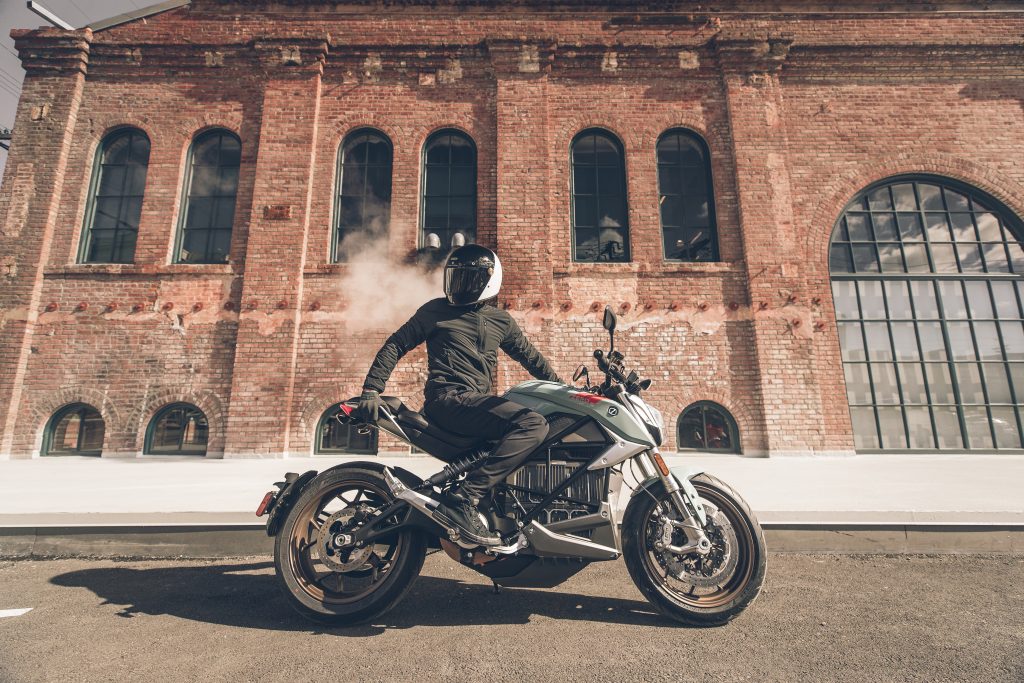Electricity-Powered Zero Motorcycles
Simple, sophisticated machines breaking milestones among electric vehicle

From their inception in 2006 to today’s rapidly escalating sales, Zero Motorcycles have pioneered the aesthetic and technological worlds of electric motorcycles. These are, as the brand states, hand-built high-tech machines designed and produced in northern California. Zero Motorcycles happens to be the leader for electric bikes (in an EV market that reached 170K last year, in the US alone). They’ve achieved this by stripping it all back to the battery, a controller and an electric motor—all belt-driven. And while there is a certain sophisticated simplicity to what they’re accomplishing (with firmware updates available for every bike through smartphone app connectivity), these are vehicles that can hold their own in the real world, with just as much torque as a modern day superbike.

There are three divisions to the Zero Motorcycle model. First, of course, is the commercial offering. Here, bikes like the street-racing SR and the off-road tackling DSR become customizable commodities for consumers. Second, Zero also sells their powertrains to people presently behind the curve when it comes to electrification. Finally, they develop electric motorcycles for police officers and security officials—exceptionally valuable because of each bike’s power and quiet nature.

As electric motorcycle interest continues to grow, the Zero team believes necessary to increase brand awareness beyond the early adopters: for two reasons. First, Zero’s just crossed a handful of milestones. Their 2017 bikes can go over 100 mph, they have a 200 mile range, and some can charge in just over an hour. (The bikes we got hands-on with were larger and generally took two-and-a-half to three hours for a complete charge at an EV station, though.) From their design team and over 40-deep engineering unit, they’ve tackled obstacle after obstacle over the last 11 years. “The real secret sauce is in the software,” CEO Sam Paschel explains to CH. “Cars have the luxury of space. They can contain the battery in a cocoon. Our battery is right between your knees. We can’t bury it.” They’ve developed a very different cell type—with a proprietary polymer in order to weather-proof it—that’s nothing at all like the Tesla battery. Further, Paschel wants the world to know that these were engineered to live in the real world. These are not delicate. This, coupled with facts like a cross-country trip costs around $1.50 for fuel (most EV stations are completely free) and any 110 outlet will charge the bike (though, at a much slower rate), make the bikes worth talking about.

From a design perspective, Paschel explains, “It still has to look like this combination of our technology and the way consumers perceive a motorcycle.” Venturing too far into the “Tron” style would prevent people from embracing the machines. He notes that 60% of their buyers have other bikes (not necessarily electric) and 40% are new. Two elements contribute to conversion. Zero Motorcycles are maintenance-free. Of course, they would require tire replacement at some point or a belt tightening, but that’s all. Second, the weight is similar to gas bikes—but dry weight, not wet weight (with a full tank of gas). As “electrons are infinitely light,” according to Paschel, there’s no variation in weight.

Unless you’ve looked into electric vehicles, you might not be aware that their purchases are incentivized—generally. Right now, this is not the case of electric motorcycles, the result of inaction on legislation that’s expired. To counter this, and offer consumer predictability, Zero Motorcycles has actually launched a campaign called Don’t Wait for Washington. For anyone who places an order on a new 2017 model now through 4 July 2017, Zero Motorcycles will personally send a rebate check that’s 10% of the purchase price, though capped at $1,869, by December 2017 if the government does not renew the Electric Motorcycle Federal Tax Credit.

The infrastructure now exists for those who want to hop on a motorcycle and drive across the country to do so on an electric bike. It requires more planning, but just about every other elements stands in one’s favor—including cost and technology.
Zero Motorcycle pricing starts at $10,495 through their dedicated stores.
Images courtesy of Electric Motorcycles












